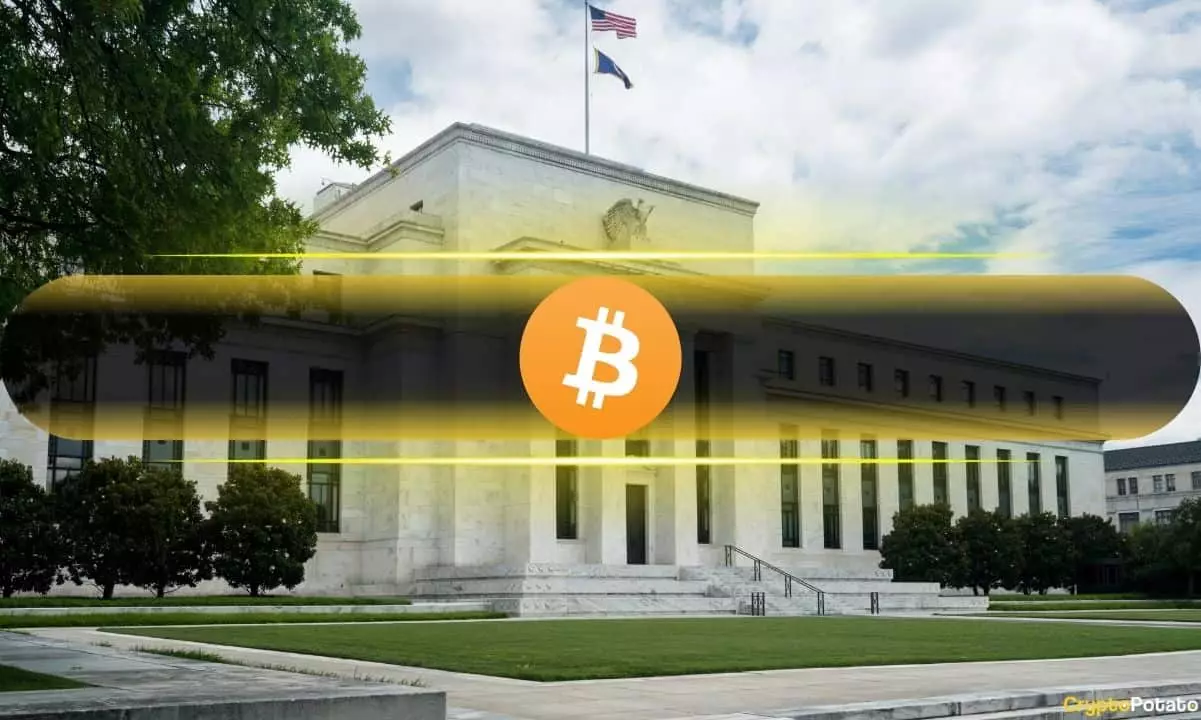The growing intersection of cryptocurrency and politics in the United States is revealing a significant shift in voter priorities, according to a recent survey conducted by ConsenSys in collaboration with HarrisX. The findings indicate that a substantial portion of the electorate—49%—places great importance on a political candidate’s position regarding cryptocurrency. This underlines an emergent trend where voters are not only interested in economic or environmental policies but are increasingly advocating for an understanding of digital currencies and their implications.
Voter flexibility is evident as 62% admit they would cross party lines to support a candidate who endorses pro-crypto policies. This willingness points to a potential realignment in traditional voting behaviors, suggesting that candidates who overlook the importance of cryptocurrency risk alienating a significant segment of the electorate. The results hint at a future landscape in political elections where crypto support becomes a measurable criterion in the candidate evaluation process.
The Demand for Clear Positions on Cryptocurrency
The urgency for clarity is echoed by 85% of respondents, who believe that presidential candidates should outline their stance on cryptocurrency. This demand for transparency not only reflects the rising prominence of digital assets but also signifies that voters are becoming more informed and engaged in issues surrounding the regulation and application of cryptocurrencies. Political parties that seize this awareness could energize their base and draw undecided voters in these critical elections.
Moreover, dissatisfaction is palpable, with 44% of voters asserting that the current administration, led by President Biden, isn’t adequately supporting the crypto space. This sentiment could have significant ramifications in the political arena, as voters seek candidates willing to prioritize clear and supportive crypto regulations.
Call for Regulatory Clarity
According to Joe Lubin, CEO of ConsenSys and a co-founder of Ethereum, the misconception that the crypto sector opposes regulation is misleading. He advocates for both major political parties to acknowledge cryptocurrency as a bipartisan issue deserving serious attention. The call for regulatory clarity is particularly important in a market characterized by uncertainty; Lubin emphasizes the detrimental effects of operating without a clear regulatory framework.
Establishing a strong foundation for the cryptocurrency sector can not only bolster investor confidence but can also address concerns about fraudulent activities. The survey indicates that voters are eager for politicians who prioritize protecting users from crypto-related scams, with 78% supporting candidates who focus on fraud prevention.
Despite the growing interest in cryptocurrencies, a significant knowledge gap exists regarding regulatory oversight. Only a mere 15% of survey respondents identified the Securities and Exchange Commission (SEC) as the regulatory authority governing cryptocurrencies, while just 4% pointed to the Commodity Futures Trading Commission (CFTC). This confusion presents an opportunity for political candidates to educate voters about the regulatory landscape and assert themselves as informed leaders on the matter.
Interestingly, when voters were asked which agencies they believe have the most understanding of the crypto sector for policy-making purposes, a striking 70% pointed to the SEC, while 67% cited the CFTC. This self-identified gap highlights not only a need for more public education but also for proactive political engagement from those involved in shaping the future of cryptocurrency regulation.
Analyzing the perceptions of political figures reveals that former President Donald Trump is viewed as the most knowledgeable regarding cryptocurrency, with 53% of voters rating his understanding as sufficient for policymaking. In contrast, only 41% support Vice President Kamala Harris’s grasp of the subject and a mere 36% hold President Biden in a comparable position of understanding.
This perception of expertise could play a pivotal role in future elections, as voters are inclined towards candidates who demonstrate a solid foundation in cryptocurrency knowledge. As voters become more informed and the demand for effective regulation grows, candidates will need to adapt their campaigns accordingly to resonate with the interests and concerns of this evolving electorate.
As the survey results illustrate, the appetite for a pro-crypto political discourse is undeniable. With a significant percentage of voters advocating for clear regulations and consumer protections, the prospects for candidates who embrace cryptocurrency-related policies appear promising. The changing tide presents a unique opportunity for political engagement, encouraging candidates to bridge the gap between traditional political platforms and the burgeoning realm of digital currencies. In the years to come, it will be crucial for political leaders to recognize and address the realities of this shifting landscape in order to secure their positions in an increasingly crypto-aware electorate.
















Leave a Reply